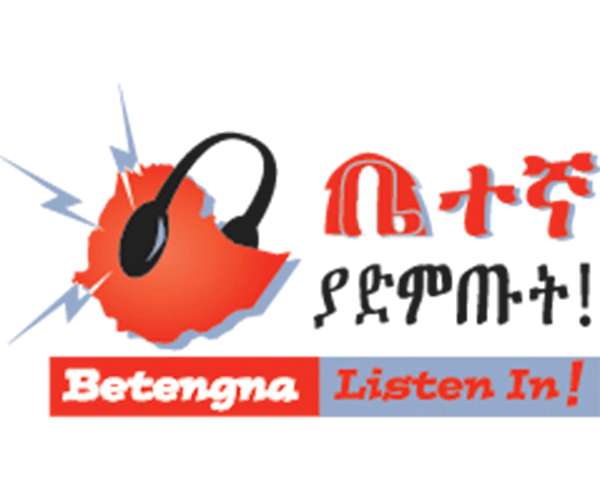Betengna, a radio program that showcases the diaries of ordinary people living with HIV, may contribute to reducing HIV-related stigma, according to the results of a research study disseminated today in Addis Ababa. Results of the research indicate that listeners of Betengna were found to have lower stigma toward people living with HIV and had greater knowledge about HIV transmission, prevention and management.
“We are tremendously excited about these results,” said Gashaw Mengistu, Coordinator of the National AIDS Resource Center, which produces the Betengna program. “We had intuitive sense that the program was effective, but it is nice to see the research provide scientific evidence to back it up,” he said.
The Betengna program has aired on Ethiopian radio stations over the past two years, and it boasts an exposure of 29% in Addis Ababa and SNNPR, according to the study. It is also available for downloading on the National AIDS Resource Center’s website (www.etharc.org). In the year preceding research study, the total number of Betengna downloads was 223,446.
“A lot of hard work goes into producing the program, so it is terrific to see these results,” said Amel Belay, Betengna Coordinator.
The radio diaries narrate the everyday experiences and challenges of living with HIV in Ethiopia and are broadcast weekly on five radio stations in Amharic, Tigrigna, and Oromoiffa languages. Betengna aims to decrease the stigma and discrimination that HIV positive people face in Ethiopia by exposing the human face of living with the disease and providing a platform for creating discussion on these issues among the general public. Over time, diarists cover a broad range of their everyday life experiences such as teen pregnancy, relationships with partners, family, friends and their communities, health issues, emotional and physical stress and living positively.
The research findings come from a household study conducted in November 2007 in four regions – Amhara, Tigray, Addis Ababa and SNNPR – in order to determine exposure to Betengna and the extent to which changes could be linked with exposure to the broadcast. Data was collected by a local research organization, Addis Continental Institute of Public Health.
Study results indicated that listening to Betengna was associated with increased empathy and affinity for the diarists and a better understanding of the challenges of leading an HIV positive life. Other indicators of decreased stigma were a greater perceived identification with people living with HIV and a stronger belief that HIV positive persons should be treated with respect.
Caller feedback from listeners supports that Betengna is increasing empathy and reaching listeners on a more emotional level than just promoting rational thinking. “Many people go to test after they become very sick. Sirak’s story motivated me to get tested and I found out that I’m HIV+,” indicated a male listener. “I live in South Africa, Cape Town. I always listen to Hiwot Mamo’s program and it really amazes me; she really is a wonderful woman. I just wanna tell her be strong and to always look after her self. Stay blessed,” commented a web listener.
Betengna plans to use these results to inform the production of future diaries as it expands to new regions and languages. “For now, we’re exploring options like the Afar region. We’re very encouraged by the results of this study and now know that we can reach more communities that have stories to share and learn from,” said Ms. Belay.
The Radio Diaries are produced by the National AIDS Resource Center (ARC) and Johns Hopkins Bloomberg School of Public Health/Center or Communication Programs (CCP). The program’s design is based on and builds on similar projects run by CCP in Nigeria and Malawi. Betengna is produced in collaboration with the National HIV/AIDS Prevention and Control Office (HAPCO) with technical assistance from Internews Network-Ethiopia. Funding is provided by the President’s Emergency Plan for AIDS Relief (PEPFAR) through the U.S. Centers for Disease Control and Prevention (CDC).
For additional information, contact:
Amel Belay
National AIDS Resource Center
Bole Road, Dembel City Center Building, 10th Floor
Addis Ababa, Ethiopia
Tel: 251-11-5503584
amelb@etharc.org


